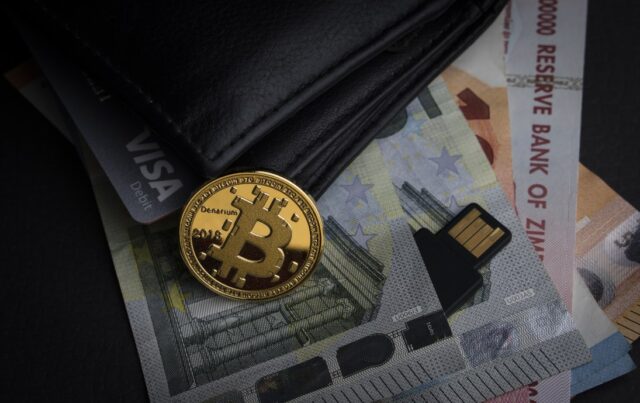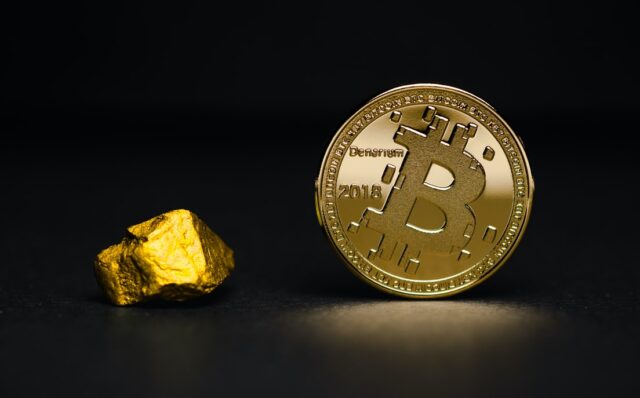
The ongoing coronavirus crisis affects many industries, and there is no sign that the quarantine will end soon. People started adapting to the actual situation, many companies started working online, and now it’s normal to work and to be productive even on the couch, wearing pajamas. This crisis is changing the world we know every day.
The financial sector is strongly affected by the pandemic, and that includes the Bitcoin mining industry too. Since we don’t know when and how this situation will end, we can’t be sure what will happen then. But, as we can see, many companies lose money, they need to fire some of the employees or to cut the salaries. It will be very hard, but general health is now a priority because we need healthy people who will be able to work hard after the pandemics, so they can save the economy.
The crypto market also survives hard days because of the major hash rate fluctuations. That means that computers need more power so the system can perform the mining.
What is a hash rate, and why is it important?

Hash rate is the speed and power demands that the machine needs to do the mining. The computers need to solve complex cryptographic tasks, so the miner can find Bitcoins. The high hash rate means that the blockchain is more secure and more difficult for hackers. It guarantees a fast transaction, and if the rate decreases, the transactions are slower, and the network is more vulnerable. Because of the current situation, the hash rate is changing every day, and it may take up to a few months to stabilize. People need at least 20 minutes to mine a block, and it causes issues for the blockchain, and we can blame it on the coronavirus.
Why did the pandemics cause big changes?

Quarantined people can’t go to work and to perform all of the tasks. Let’s be real. At home, we have many disruptions, and our productivity is not the same as when we are at the office. Many industries need tools and machines that can’t be taken to the home. Blockchain is not an essential business, but it’s a fact that the investors are not able to finish their work properly and effectively. Many miners need to stay at home, and they may not have good computers that can perform crypto tasks.
The coronavirus outbreak started in China, and according to the Bitcoin data, two-thirds of the mining capacity and crypto miners were localized there. That means that some miners got sick in the previous months. Maybe someone died, or they were not able to use the capacities. Miners can survive the crisis, but the crypto market will never be the same, and it would take a lot of time for the Bitcoin to be stable as it was last year in April and March.
What happens with trading platforms?

Trading and exchanging platforms are still alive and work great, as much as they can. Bitcoin enthusiasts won’t stop mining and trading during the pandemic. Using platforms like Cfds-Trader.com, they can speculate rises and falls and try to catch the right moment to trade with the Bitcoins they already have and earn a lot, never mind the global crisis.
Mining computers now work on COVID-19 researches
According to some recent reports, CoreWeave, which is the largest U.S. Ethereum miner, redirected the processing power of their computers to the research facilities that are working on COVID-19 therapy. Some projects, like Folding@home decided to donate portions of computer power for those who work on coronavirus cures.
They use a similar algorithm to Bitcoin mining, so the machine can find a potential solution to the problem. Until now, there are no reports that it comes with some grand results, but hopefully, the world will soon have a cure for COVID-19, and miners can be proud that they somehow help during the research process.
How coronavirus affected Bitcoin’s price?

The pandemics created a mass panic in the financial market, including the cryptocurrencies. In March, Bitcoin faced one of the biggest drops in history, falling from $7600 to $5300 in just a day. Can we expect a collapse? Probably not, because the situation is changing every day. But, crypto money is decentralized, and no government in the world can’t control it. So, the investors and miners expect that soon the Bitcoins and other crypto coins will stabilize, and people will be able to make secure transactions.
Miners believe that the crypto tokens are still safe from the global financial crisis because cryptocurrencies can’t be manipulated by the authorities. They expect to see the value of Bitcoins rising again, and it wouldn’t be surprising if the price hits the $10,000 levels and above.
When will the pandemics be over?

There are over 1.5 million confirmed COVID-19 cases worldwide, and more than 95,000 people died during the pandemic. According to the WHO’s definition, the disease should be infectious, so they can announce pandemic. It ends at the moment when a vaccine or treatment is developed and ready to use. There are two active pandemics at the moment, HIV/AIDS and COVID-19.
After all of this ends, hopefully, with proper treatment, there will be many consequences for the global economy and financial sectors. Many businesses will not be able to work again and to have the same results as before the coronavirus outbreak. But, the most important thing is people to protect themselves and to stay healthy because they are the ones who will save the economy in the end.
So, you need to follow the WHO’s instructions on how to protect yourself and the others, wash your hands, and stay at home. Don’t go out if you don’t need to, avoid junk food, exercise at home, and keep a social distance. That is how every one of us helps the world to fight against the coronavirus. You need to be healthy and alive to continue working and living your life, never mind if you are an artist, businessman, Bitcoin miner, or doctor.









